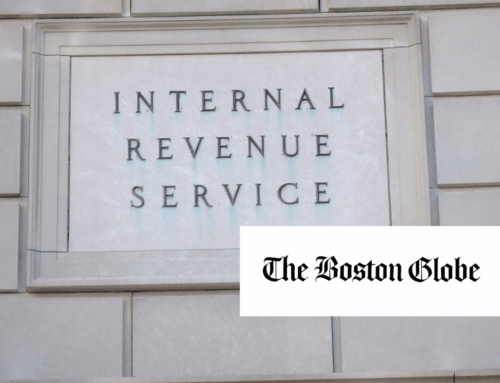As candidates across the country make their final pitches on how they will fix Washington, it’s important to point out there are a few common sense areas already identified as needing improvement. Lawmakers looking to hit the ground running should turn to the Government Accountability Office’s (GAO) report titled: “Payment Integrity: Significant Improvements Are Needed to Address Improper Payments and Fraud.” The issue of improper payments and fraud have plagued the federal government for decades, with the GAO reporting that since Fiscal Year (FY) 2003, cumulative improper payments from federal agencies have totaled approximately $2.7 trillion. FY2023 alone accounted for $236 billion of that total, a decrease of $11 billion from the prior year. This continues a downward trend from FY2021, when COVID-19 relief programs pushed improper payments to $281.4 billion. However, levels remain above pre-COVID levels and represent a significant amount of federal waste.
Notably, $200 billion of the $236 billion total across 71 reported programs came from just six programs: Medicare and Medicaid (both under Health and Human Services), the Department of Labor’s Unemployment Insurance, the Small Business Administration’s Paycheck Protection Program, the Treasury’s Earned Income Tax Credit, and Social Security’s Supplemental Security Income. Each of these programs have been featured on the GAO’s High-Risk List, and while progress has been made in implementing its recommendations, more work remains.
The High-Risk List is a biennial report from GAO which identifies areas of government programs and operations which are at a high risk for waste, fraud, abuse, and mismanagement. In its April 2023 edition, the GAO identified 37 areas which are rated as high-risk. GAO identifies both programs which are risky and concrete steps the federal government can take to alleviate risk. While it is reassuring that GAO believes remediation and improvement are occurring, much more remains to be done.
The GAO report outlines strategies for reducing improper payments, including payment integrity enhancements, better management of risk and spending data, and extending requirements for Inspectors General to report on USAspending.gov data. GAO also suggests tools for Congress to improve oversight, such as payment integrity scorecards.
Given our nation’s current fiscal trajectory, improper payments exceeding $200 billion annually are unacceptable. Federal agencies must swiftly implement these strategies to stop the leaks in payments. While eliminating improper payments entirely is an admirable goal, given the complexity and scale of federal programs, it may be impossible. Fortunately, the GAO’s regular audits provide transparency and highlight the magnitude of the problem. Now it is up to Congress and federal agencies to take the necessary steps to reduce waste, fraud, and abuse across the federal government.











Get Social